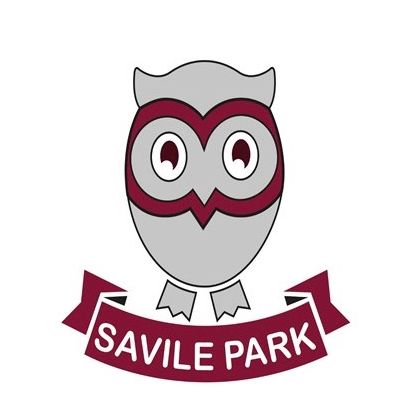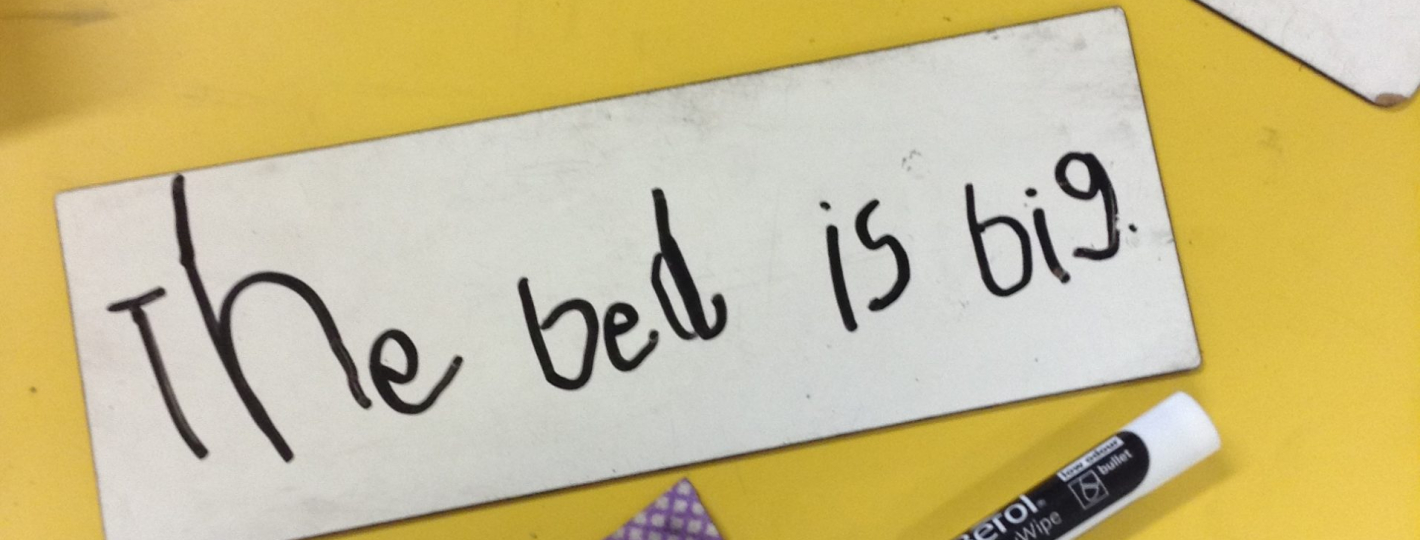Spelling
Accurate spelling is an important part of the process of learning to write at primary school.
The National Curriculum places great emphasis on correct spelling, and in Year 6 every child sits a spelling, grammar, and punctuation test. Good spelling is also a big part of the writing curriculum at school.
Learning to spell well is really useful if we want our children to become confident writers. If they are constantly stopping to think about how words are spelled while they write, it can interrupt their thinking about important parts of writing like word choice and sentence construction. If they’re confident spellers, they’re also much more likely to make adventurous vocabulary choices. Obviously there’s a lot more to being a strong writer than spelling, but confidence in spelling can make a big difference.
How to help at home
There are lots of simple and effective ways you can help your child with spelling. Here are a few of our top ideas.
1. Practise phonics
Phonics is the main way your child will learn to spell at the start of primary school. You can use phonics to help your child with spelling by encouraging them to break words they are unsure of into individual sounds, and then to match those sounds to the letters of the alphabet.
Reminding your child to segment like this (for example, splitting ‘frog’ into ‘f’, ‘r’, ‘o’, and ‘g’) sounds like a very basic way of supporting spelling, but practising like this helps spelling become second nature.
2. Encourage your child to ‘have a go’
Making a first attempt is good for confidence, and it can reinforce spelling patterns and help identify any problem areas. Making mistakes is a natural part of learning, and if your child is comfortable knowing that they’re not going to get spellings right 100% of the time, then they will be more likely to try out more adventurous words.
3. Play ‘hidden words’
You can prepare this game yourself. Write the words on your child’s spelling list, hidden in a series of letters. Now that they are hidden, ask your child to find them. For example:
sfhplayknc – play
qrubitpdh – bit
nvzbikejfa – bike
Your child could circle the hidden words with coloured pens. To raise the challenge, you could set a time limit on the game. For example, how many words can you find in one minute?
4. Play more spelling games
Playing games can help children to learn about spelling in an enjoyable way.
Online games such as Word Worm can be motivating, and so can more traditional games like hangman. Making silly sentences can be great fun too. Challenge your child to write a silly sentence, including as many of the words on their spelling list as possible.
For example, your child may have to learn ‘room took hoop foot book’. They could make up a silly sentence such as ‘The boy took his book across the room but got his foot caught in a hoop’. Why not draw illustrations to go with the sentences?
5. Find the right resources
Learning to spell is a gradual process and mastering English’s complex spelling system can take time. All children are different: some pick up spelling quickly, while others take longer.

